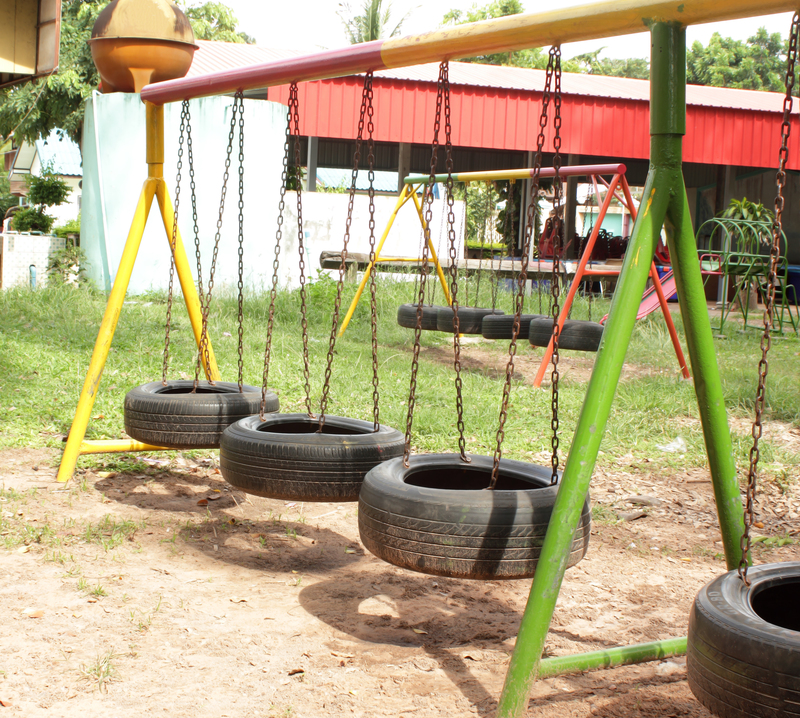Unveiling the Positive Outcomes of Recycling Metals
Recycling metals is more than just an eco-friendly practice; it is an essential part of creating a sustainable future. The benefits of recycling metals extend beyond preserving natural resources. They contribute to environmental, economic, and social advantages. In this comprehensive article, we will delve into the various positive outcomes of recycling metals, exploring the many ways in which this practice makes a global impact.
The Importance of Metal Recycling
Metals are a finite resource, meaning that once they are used, they cannot be replenished through natural processes within a human lifespan. The importance of metal recycling lies in its ability to reduce the need for raw material extraction, which can be an energy-intensive and environmentally destructive process. By recycling, we conserve these valuable resources for future generations.
Environmental Benefits
Perhaps the most significant outcome of recycling metals is its positive impact on the environment. Here are some key environmental benefits:
- Reduction in Greenhouse Gas Emissions: The metal recycling process emits fewer greenhouse gases compared to metal production from virgin ore. This reduction in emissions helps combat climate change.
- Energy Conservation: Recycling metals uses significantly less energy than mining and processing new metals. For instance, recycling aluminum uses only about 5% of the energy compared to producing new aluminum from bauxite ore.
- Preservation of Natural Habitats: Mining operations often lead to the destruction of habitats for various species. Recycling reduces the need for mining, thus preserving natural landscapes.
Economic Advantages
In addition to environmental benefits, recycling metals offers several economic advantages:
- Job Creation: The recycling industry supports numerous jobs, from collection and sorting to processing and manufacturing. These jobs are crucial for the economy, providing stable employment in local communities.
- Cost Savings: Using recycled metals can be more cost-effective than sourcing and processing raw materials. Businesses save money on production costs, leading to potential savings for consumers as well.
- Stability of the Metal Supply: Recycling ensures a steady supply of metals, reducing dependence on imports and fluctuating market prices.
Social Impact
Recycling metals has a profound impact on communities and society as a whole:
Educational Opportunities: The need to implement and manage recycling programs creates educational opportunities, raising awareness about sustainability in schools and universities. - Community Engagement: Recycling initiatives encourage community participation, fostering a sense of responsibility and pride among locals.
- Improvement in Quality of Life: By contributing to a cleaner environment and supporting economic stability, recycling helps improve the quality of life for many individuals.

How Different Metals Benefit from Recycling
Various metals are recycled at different rates, and each comes with its unique benefits when recycled. Here are some of the most commonly recycled metals:
Aluminum
Aluminum is one of the most recycled metals globally, thanks to its versatility and the ease of reprocessing it. Recycling aluminum saves up to 95% of the energy required to produce new aluminum from ore.
- Common Items: Beverage cans, car parts, and foil packaging.
- Outcome: Lower carbon footprint, reduced energy consumption, and minimal waste.
Steel
Steel recycling is a highly efficient process. Most steel products already consist of a significant percentage of recycled material, reflecting the metal's impressive recycling potential.
- Common Items: Cars, appliances, and construction materials.
- Outcome: Energy savings, reduced greenhouse gas emissions, and conservation of iron ore and coal.
Copper
Copper's recycling rate is high due to its widespread use in electrical and plumbing applications. Recycling copper saves up to 85% of the energy compared to primary production.
- Common Items: Electrical wiring, plumbing pipes, and electronics.
- Outcome: Conservation of copper ore, reduced mining impact, and energy savings.
Lead
Lead is primarily used in batteries, which have high recycling rates due to toxic concerns. Recycling lead prevents toxic waste and conserves natural lead resources.
- Common Items: Batteries, radiation shielding, and cable sheathing.
- Outcome: Reduced environmental contamination and conservation of lead resources.
Challenges to Metal Recycling
While the benefits of metal recycling are extensive, several challenges persist:
- Contamination: Mixed materials or contamination can hinder the recycling process, requiring additional sorting and cleaning.
- Collection and Sorting: The efficiency of recycling programs often depends on effective collection and sorting systems.
- Market Fluctuations: Changes in the market price for recycled materials can affect the viability of recycling programs.

Ways to Improve Metal Recycling
To maximize the positive outcomes of metal recycling, a collective effort is necessary. Here are some strategies to improve metal recycling:
- Enhanced Recycling Schemes: Developing comprehensive recycling programs with better infrastructure to facilitate the collection and processing of metals.
- Public Education: Raising awareness about the benefits of recycling and how to recycle properly through campaigns and educational programs.
- Incentives for Businesses: Providing financial incentives or tax benefits to companies that actively participate in recycling efforts.
Conclusion
In conclusion, the positive outcomes of recycling metals are both vast and far-reaching. From environmental preservation to economic benefits and societal impacts, metal recycling is a crucial component in building a sustainable future. By investing in recycling infrastructure, educating the public, and encouraging businesses to participate in recycling programs, we can ensure that these advantages continue to grow, ultimately leading to a healthier planet for generations to come.
Recycling metals is not just a choice; it is a responsibility we all share. By embracing metal recycling practices, we are taking significant steps towards an environmentally friendly and economically viable future, where resources are preserved and communities thrive.